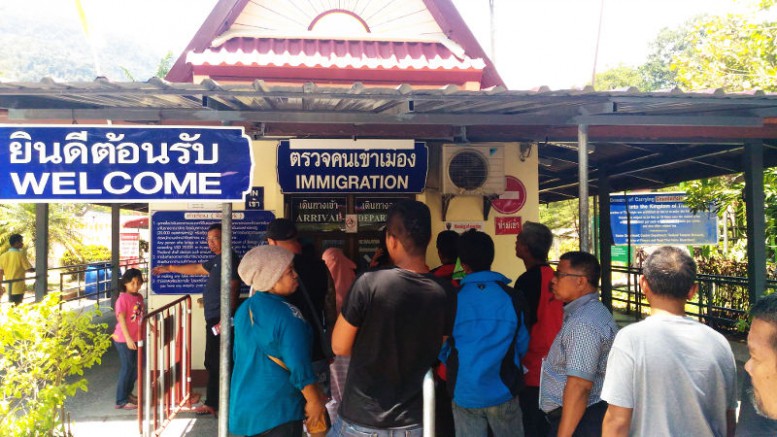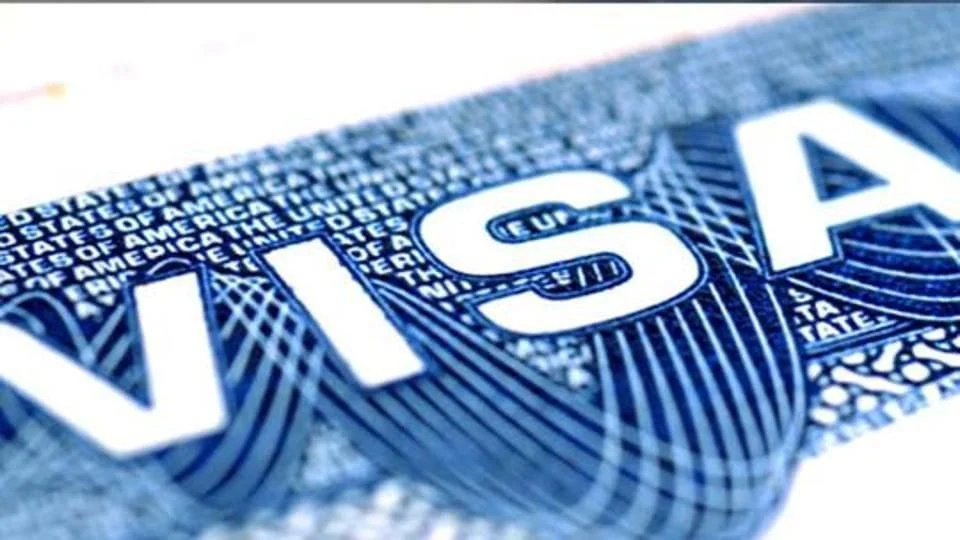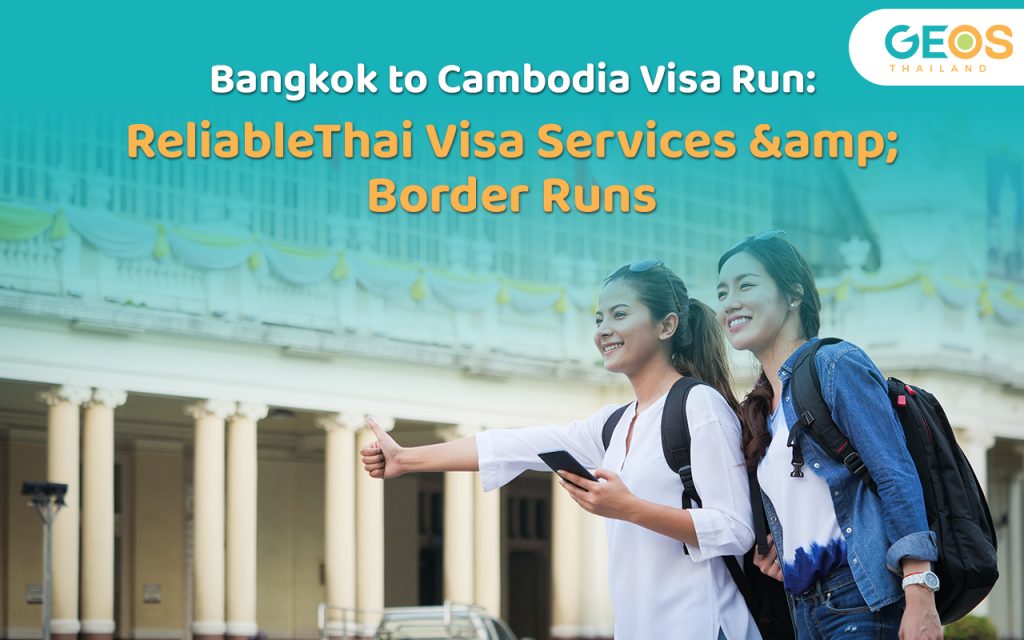
Navigating Thai Visa Regulations: A Guide for Long-Stay Tourists in Thailand
Thailand, with its stunning beaches, vibrant cities, and rich cultural heritage, is a dream destination for long-stay tourists. Whether you’re here to explore the bustling streets of Bangkok, relax on the pristine islands of the south, or immerse yourself in the serene mountains of the north, or you are a an English teacher at a prime Thai language school in Bangkok and need to go out one time before you get your Education Visa.
understanding Thai visa regulations is crucial to making the most of your extended stay. In this blog post, we’ll break down the 60-day visa on arrival and explain how you can extend your stay by making a quick trip to a neighboring country.
Understanding the 60-Day Visa on Arrival
For many tourists, the 60-day **Tourist Visa (TR)** is the go-to option for an extended stay in Thailand. This visa allows you to stay in the country for up to 60 days from the date of entry. It’s important to note that this is different from the **Visa Exemption Scheme**, which allows citizens of certain countries to enter Thailand without a visa for a shorter period (usually 30 days).

To obtain a 60-day Tourist Visa, you’ll need to apply at a Thai embassy or consulate in your home country or a country where you hold residency. The application process typically requires:
– A valid passport (with at least 6 months validity).
– Completed visa application forms.
– Passport-sized photos.
– Proof of onward travel (e.g., a return ticket).
– Proof of accommodation in Thailand.
– Evidence of sufficient funds for your stay.
Once approved, you’ll be granted a 60-day stay, giving you plenty of time to explore the Land of Smiles.
Extending Your Stay: The 30-Day Extension
If 60 days isn’t enough and you’d like to stay longer, you’re in luck! Thailand allows tourists to extend their stay by an additional 30 days at a local immigration office. This extension is relatively straightforward and can be done without leaving the country. Here’s what you’ll need:
– Your passport (with at least 6 months validity).
– A completed TM.7 visa extension form (available at immigration offices).
– A passport-sized photo.
– A copy of your passport’s main page and entry stamp.
– The extension fee of 1,900 THB (approximately $60 USD).
It’s recommended to apply for the extension at least a week before your current visa expires to avoid any last-minute issues. Popular immigration offices for this process include those in Bangkok, Chiang Mai, and Phuket
The Border Run: Extending Your Stay Further
For those who wish to stay even longer, a **border run** is a common solution. This involves leaving Thailand, visiting a neighboring country, and re-entering to receive a new visa or visa exemption stamp. Here’s how it works:
1. **Leave Thailand**: Travel to a neighboring country such as Malaysia, Laos, Cambodia, or Myanmar. Popular border crossings include:
– **Nong Khai to Vientiane (Laos)**
– **Aranyaprathet to Poipet (Cambodia)**
– **Mae Sai to Tachileik (Myanmar)**
– **Padang Besar to Malaysia**
2. **Re-enter Thailand**: Upon returning, you’ll receive a new visa or visa exemption stamp, depending on your nationality. For example, if you’re from a visa-exempt country, you’ll typically receive another 30-day stamp. If you have a multiple-entry Tourist Visa, you’ll receive another 60-day stay.
3. **Repeat as needed**: While border runs can be a convenient way to extend your stay, it’s important to note that Thai immigration officials are becoming stricter about frequent border crossings. If you plan to stay in Thailand for an extended period, consider applying for a long-term visa (e.g., an Education Visa, Retirement Visa, or Elite Visa) to avoid potential issues.
Tips for a Smooth Visa Experience
– **Plan Ahead**: Always check the latest visa regulations before traveling, as rules can change.
– **Keep Documents Handy**: Carry copies of your passport, visa, and entry stamp at all times.
– **Avoid Overstaying**: Overstaying your visa can result in fines, detention, or even a ban from re-entering Thailand.
– **Consult Immigration Experts**: If you’re unsure about your visa options, consider consulting a local immigration lawyer or visa agency for personalized advice.
Final Thoughts
Thailand’s visa regulations are designed to accommodate a wide range of travelers, from short-term visitors to long-stay tourists. By understanding the 60-day Tourist Visa, the 30-day extension, and the border run process, you can maximize your time in this beautiful country without any unnecessary stress. Whether you’re here for the food, the culture, or the tropical paradise, proper planning will ensure your Thai adventure is as smooth as possible.
One of the top-rated visa run services in Bangkok is Bangkok Buddy Travel Service. Renowned for its reliability and comfort, Bangkok Buddy offers daily trips to Cambodia, with departure times at 5:00 AM. Their services include assistance with immigration procedures, document preparation, and multilingual support, ensuring a smooth and hassle-free experience. Additionally, Thai Visa Service is another reputable option known for handling all Thai visa run needs, including visa entries and visa stamp assistance. Both agencies provide great service, making them excellent choices for those navigating Thailand visa requirements.
So pack your bags, grab your passport, and get ready to enjoy the trip of a lifetime in Thailand! Safe travels and สวัสดี (sawasdee)!
Brought to you by the foremost Thai Language school in Bangkok




